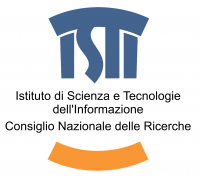Anne Moreau
Currently, preventive archaeology has to reach several goals which don’t totally match :
- as a part of the planning process, preventive archaeology has to clear the ground of the archaeological remains
- as a patrimonial activity, it has to respect the legal obligations of archaeological data management and conservation
- and spread the archaeological knowledge within the general public
- as a human science, it has to produce, explore and publish data for research
To answer the different aims above, archaeological data have to be manipulated, represented in different ways. Several restitutions of data have to be produced depending on the target public. Furthermore, whatever the goal pursued, the questions of interoperability and the sharing of data have to be asked.
This context has led to the development of systems and protocols gathering GIS and the additional tools intended for collecting, managing, storing and exploring the archaeological data. Indeed, GIS can be seen as an efficient tool for both research and legal obligations. Such systems aim at being as efficient as possible to manage and exploit the data collected, reaching different goals and uses (one field recording, several uses). Despite the variety of practices, the multiplicity of archaeological operators and the diversity of goals, archaeologists have to find common ground to allow data transfers between researchers, publics and institutions.
The difficulties of the challenge can be sum up as follow :
- the tools used
- the ways of working, the organisation of work
- relationships between the problematic and the system contrived and used
- relationships between the spatial data and the descriptive data managed
- the aims of the systems used (management of the operation, data exploration cartographic results…)
- the exploitation of spatial data
- the respect of some possible standards – to define – while allowing some latitude to archaeologists
- …
The session will explore the questions raised above and explore how the widespread use of such systems by the different organisations of preventive archaeology in the world could be developed using a more integrated approach across institutions, regions and countries.


